Generated on February 28, 2026 @ 09:57:12 AM by Guest on ASC Heart Website
Our Services
This is the Services page.
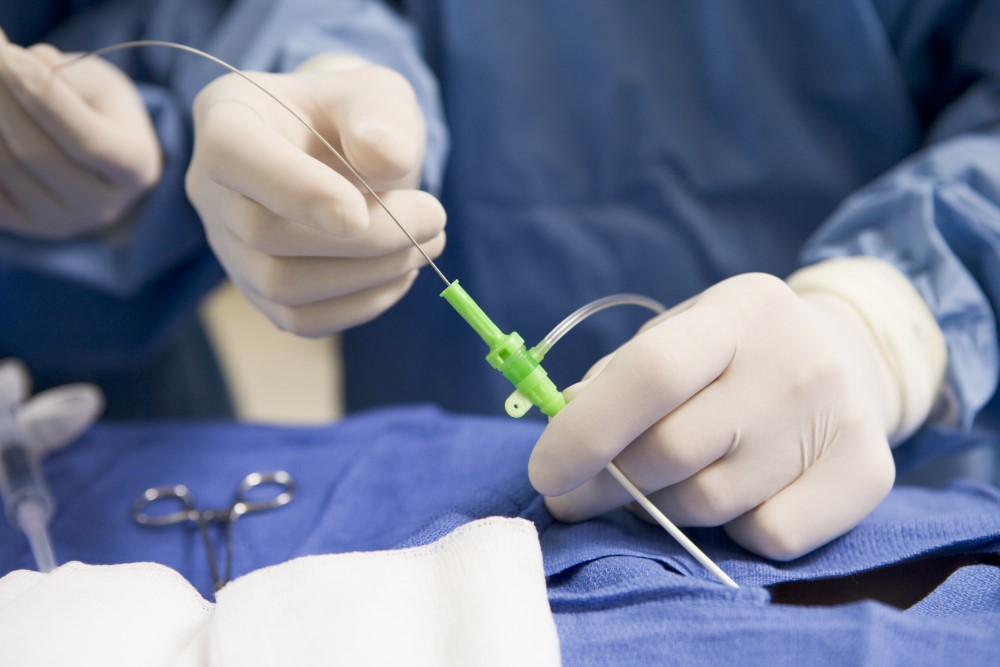
Cardiac Catheterization
If you are needing cardiac catheterization in Las Cruces, doctors at the ASC of the Heart Institute are very knowledgeable and experienced with this procedure. Cardiac catheterization may also be used instead of some heart surgeries to repair heart defects and replace heart valves. Cardiac catheterization is safe for most people.
Read More
Chronic Venous Insufficiency
If you have CVI, valves in your veins (usually in the leg or sometimes the arms) do not work, causing blood to pool in your legs and putting increased pressure on the walls of the veins. When your veins have trouble sending blood from your limbs back to the heart, it is known as venous insufficiency.
Read More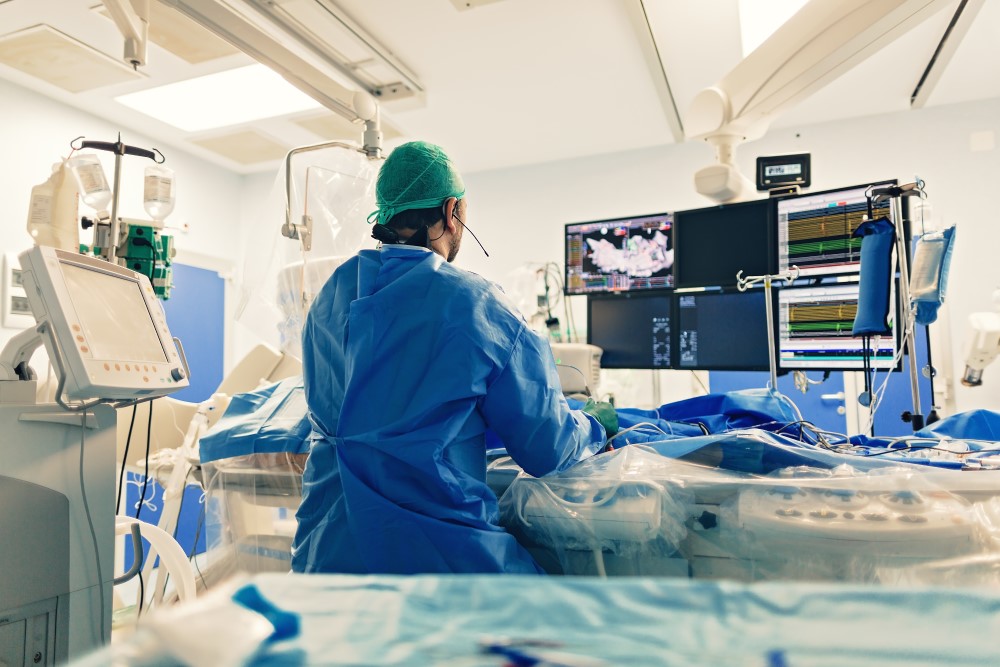
Ablation of Cardiac Arrhythmia
Ablation is a procedure for restoring normal heart rhythm, particularly if the irregular rhythm has not responded to medication. Usually, the heart beats between 60 and 80 times a minute.
Read More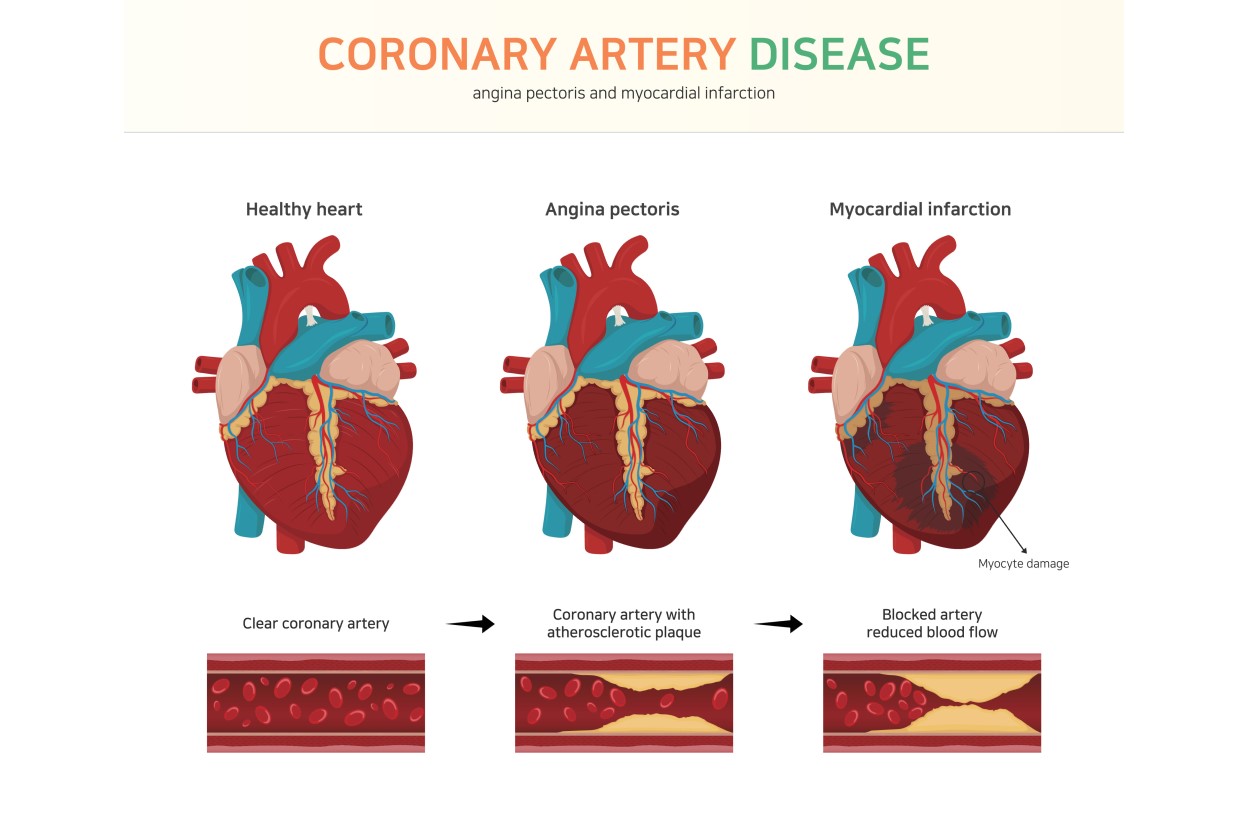
Coronary Artery Disease
Coronary artery disease (CAD) is the most common type of heart disease. It is the leading cause of death in the United States in both men and women. CAD happens when the arteries that supply blood to the heart muscle become hardened and narrowed.
Read More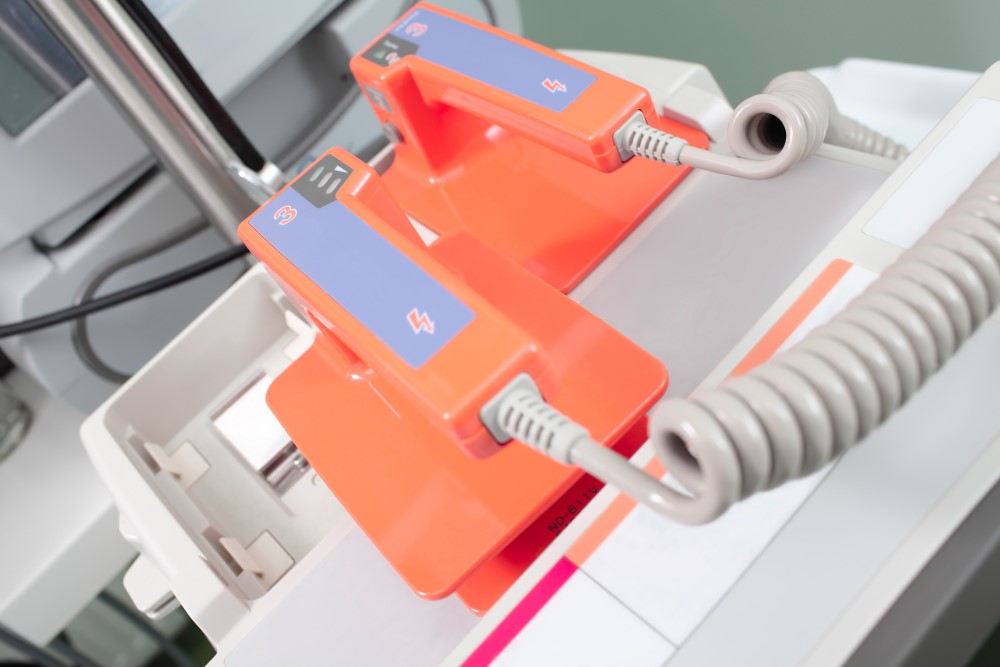
Electric Cardioversion
Electrical cardioversion is a procedure in which an electric current is used to reset the heart's rhythm back to its regular pattern. The low-voltage electric current enters the body through patches applied to the chest wall.
Read More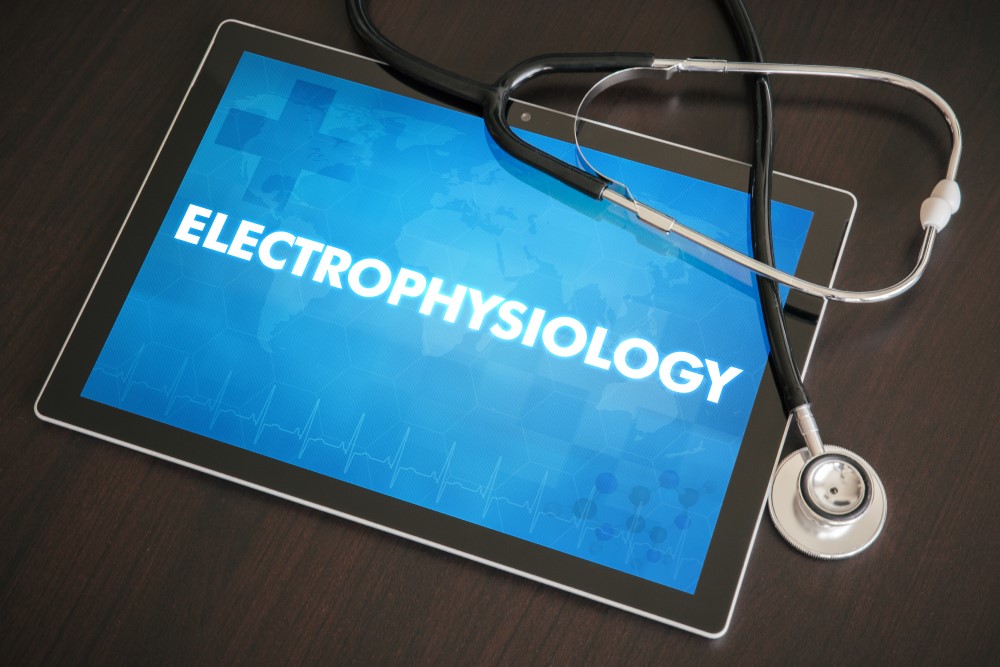
Electrophysiology (EP)
An electrophysiology (EP) study is a test performed to assess your heart's electrical system or activity and is used to diagnose abnormal heartbeats or arrhythmia. The test is performed by inserting catheters and then wire electrodes, which measure electrical activity, through blood vessels that enter the heart.
Read More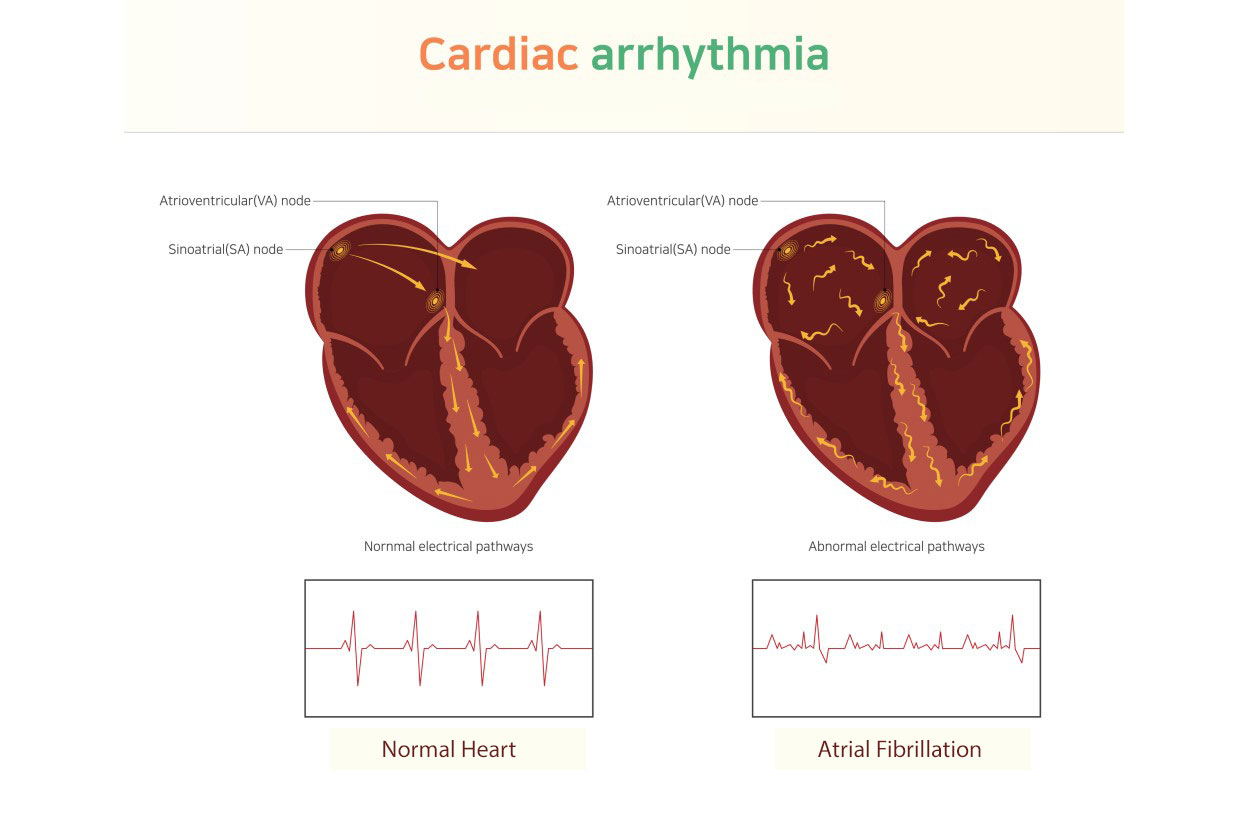
Heart Arrhythmia
An arrhythmia describes an irregular heartbeat. With this condition, a person’s heart may beat too quickly, too slowly, too early, or with an irregular rhythm.
Read More
Heart Attack
A heart attack is a medical emergency. A heart attack usually occurs when a blood clot blocks blood flow to the heart. Without blood, tissue loses oxygen and dies.
Read More
Heart Failure
Heart failure can occur if the heart cannot pump (systolic) or fill (diastolic) adequately. Symptoms include shortness of breath, fatigue, swollen legs, and rapid heartbeat.
Read More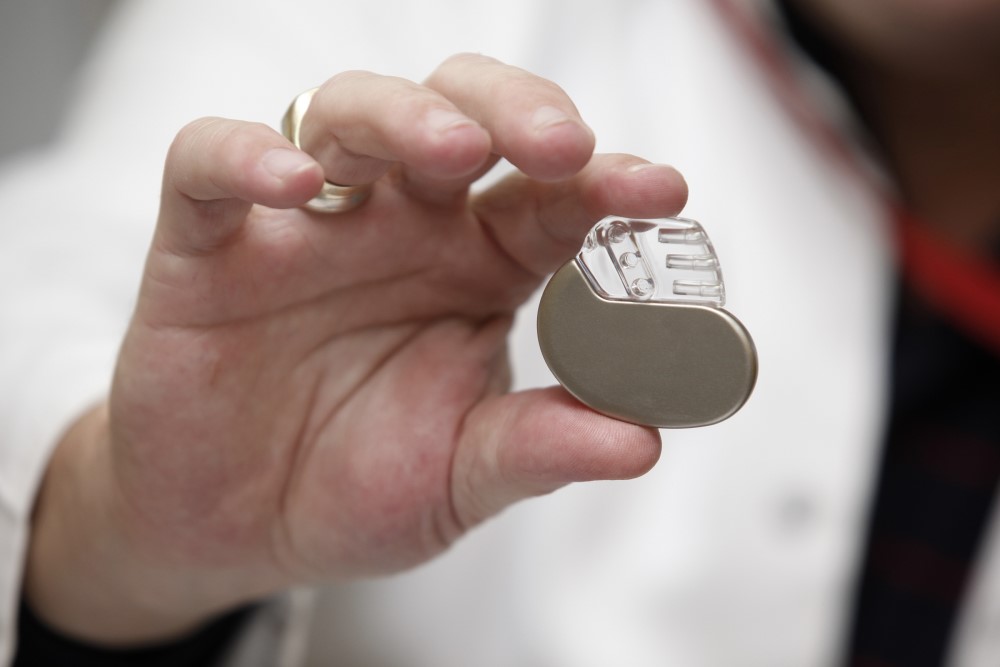
Implantable Cardioverter Defibrillators (ICD)
An implantable cardioverter-defibrillator (ICD) is a small battery-powered device placed in your chest to monitor your heart rhythm and detect irregular heartbeats. An ICD can deliver electric shocks via one or more wires connected to your heart to fix an abnormal heart rhythm. It is a device that our doctors have implanted in many of their patients.
Read More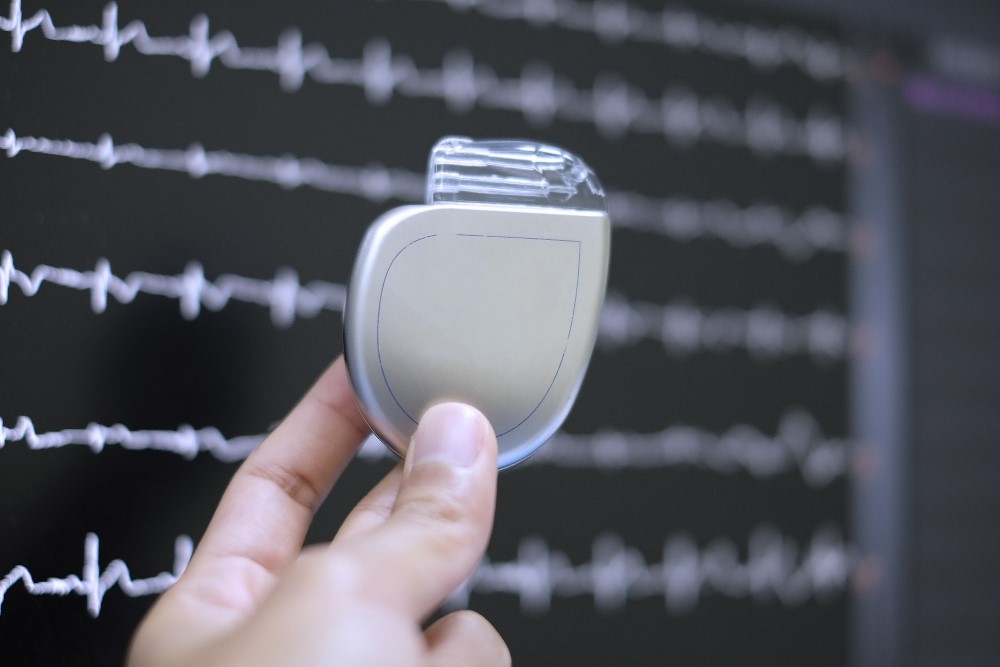
Pacemaker Implantation
A pacemaker is a small device that is placed under the skin in your chest to help control your heartbeat. It is used to help your heartbeat more regularly if you have an irregular heartbeat (arrhythmia), particularly a slow one. Implanting a pacemaker in your chest requires a surgical procedure.
Read More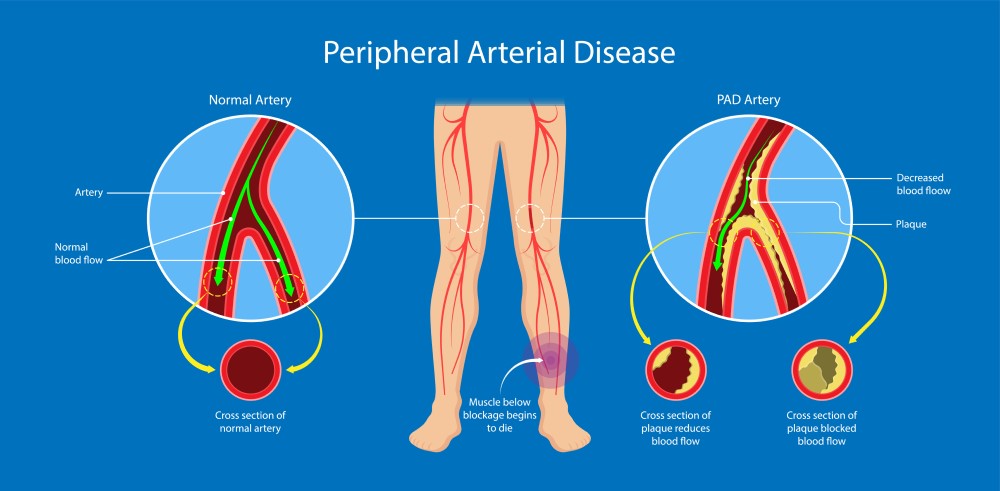
Peripheral Vascular Disease
Peripheral vascular disease is a sign of fatty deposits and calcium building up in the walls of the arteries (atherosclerosis). Risk factors include aging, diabetes, and smoking.
Read More
Sudden Cardiac Arrest
Cardiac arrest is the abrupt loss of heart function in a person who may or may not have been diagnosed with heart disease. It can come on suddenly, or in the wake of other symptoms. Cardiac arrest is often fatal, if appropriate steps aren’t taken immediately.
Read More